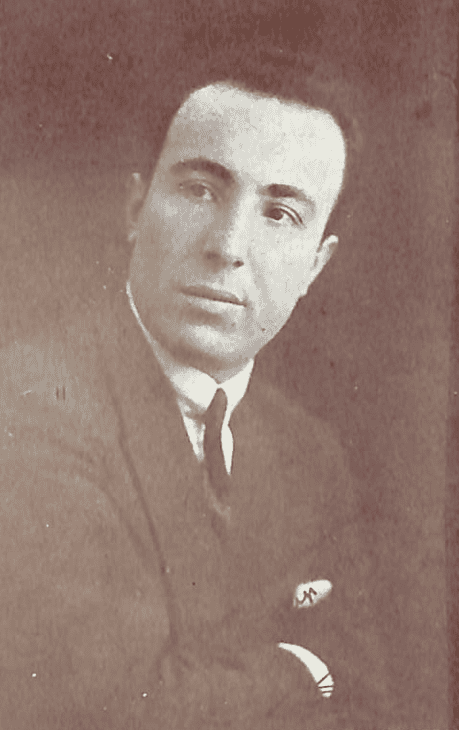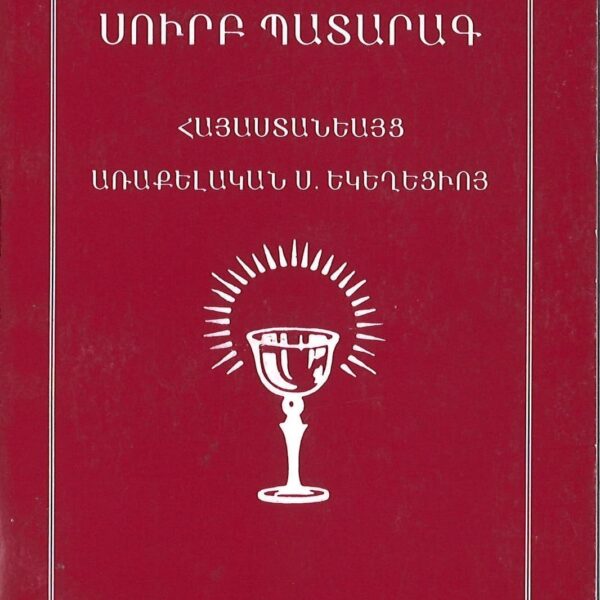Birth of Hrach Zartarian (January 15, 1897)

Hrach Zartarian was one of the important yet lesser-known names of French Armenian literature in the past century.
He was born in Kharpert on January 15, 1897. He was the elder son of Rupen Zartarian (1874–1915), the talented writer and journalist who was among the first intellectual victims of the Armenian Genocide. He went from place to place in his childhood, following his father’s steps as teacher, activist, and editor, from Kharpet to Smyrna, Manisa, Plovdiv (Bulgaria), and Constantinople. He received his education at the famed Sanasarian School of Karin (Erzerum), where he was a boarding student for three years. After the school was moved to Sepastia (Sivas), Hrach Zartarian returned to Constantinople and studied at Getronagan School.
In 1915, when he was about to graduate, his father was deported, and his family was forced to emigrate, first to the Balkans and then to the Caucasus, where he studied successively at the Nersisian School (Tiflis), the Gevorgian Seminary (Holy Etchmiadzin), and the Diocesan School of Yerevan, from where he finally earned his graduation. In 1917 he went to Paris, where he followed courses in literature and political sciences, and finally studied at medical school, graduating as an odontologist. He was active on the Armenian literary scene in Paris until he moved to southern France, where he would live until the end of his life. Nevertheless, he was a frequent contributor to the French Armenian press.
Hrach Zartarian’s literary output included two novels, Our Life (1934) and Men Who Become Orphans (1953), many short stories and essays scattered in the press, as well as a collection of literary, moral, and other essays, Time and Its Mysteries (1955). He left several unpublished volumes. His novels were an important testimony of French Armenian contemporary life.
He passed away in Nice on November 30, 1986.

